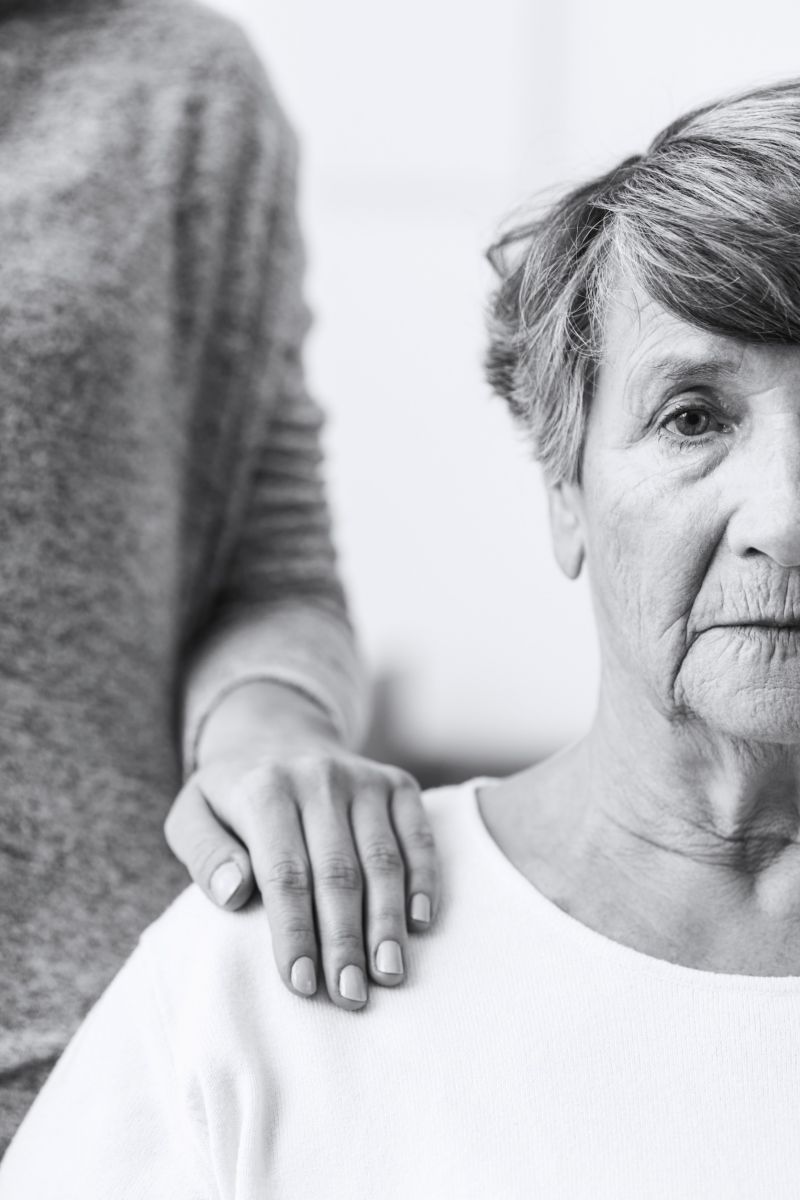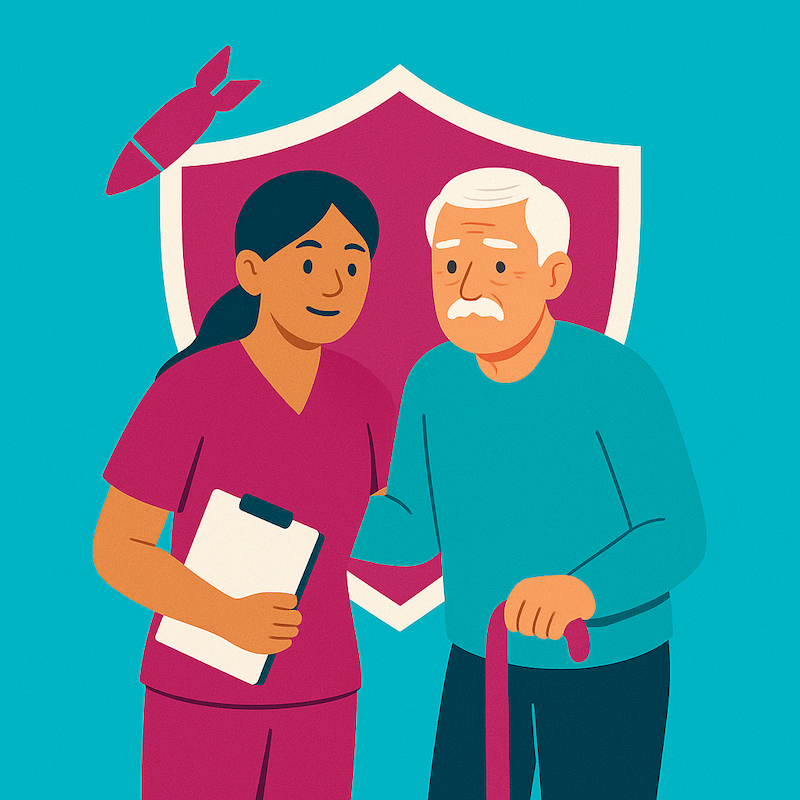The Elderly and the Different Forms of Abuse They Encounter
iSavta | 14.05.2023

Elder abuse is a prevalent problem worldwide, and most of these abuses come from caregivers and even immediate family members. Unfortunately, the elderly themselves are often afraid to report the incidents, and the authorities are unable to take proper action. It is a repeated conscious act that affects the elderly physically and emotionally, leaving them helpless and vulnerable.
There are several reasons why the elderly people are vulnerable to all forms of abuse:
Depression in the Caregiver
Caregivers have a challenging job, and not all of them cope up with the overwhelming responsibility of caregiving. When depression strikes, the caregiver may no longer respond to reason and develop anger towards their patient, leading to verbal and physical abuse.
The Elderly's Illness
Due to their illnesses, such as dementia or Alzheimer's disease, the elderly may unintentionally inflict injuries on their caregivers. Unfortunately, this behavior may be considered as aggression by caregivers who do not fully understand the condition of the patient. Caregivers may find themselves fighting back instead of discussing the situation with the family members.
Incapable of Dealing with Finances
As the elderly age, they may become incapable of dealing with their finances, making them vulnerable to financial exploitation. Immediate family members may take advantage of the elderly's vulnerability, causing a problem with their finances. The situation can be much worse for people who do not have a family of their own, as a distant relative, lawyer, or even the caregiver may take over.
Lack of Support from Family Members
All members of the family may be busy with their lives and entrust everything to the caregiver. Unfortunately, without checking in, they may ignore the signs of abuse or fail to notice changes in the elderly's appearance and behavior.
Mental Incapacity to Understand
Some patients may already be confined to bed and wheelchair, making them unable to function without help. Most of these patients may no longer talk or make decisions for themselves, making them the most vulnerable patients and at risk of different forms of abuse.
To ensure that the elderly person is safe, checking on them as often as possible is crucial. Taking note of their physical and mental state and not ignoring any signs of anxiety or bruises is essential. Some people even install cameras at their elderly's home for their peace of mind.
As a caregiver, being vigilant with the people surrounding the elderly is essential. If there is any suspicion of abuse, do not hesitate to report it to authorities or the agency. It is the responsibility of everyone to ensure that the elderly are safe and protected.











